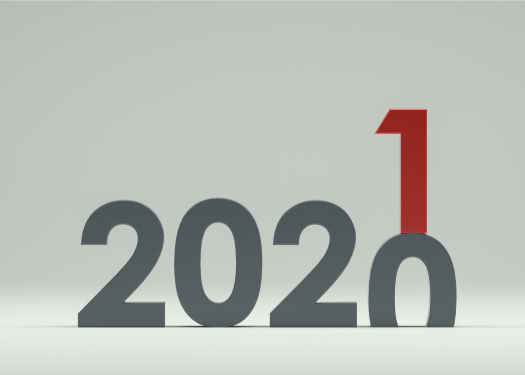Blog Posts: Benefits Law Update
Visit the Full BlogNamed a Top 10 Blog in Compensation and Benefits, Verrill's attorneys use the Benefits Law Update blog to provide timely updates and commentary on developments in law affecting employee benefit plans and executive compensation arrangements.
IRS Issues Practical Guidance for Implementing SECURE 2.0 Provisions
Department of Labor Guidance and Federal Initiatives Counsel a Wait-and-See Approach for 401(k) Plan Fiduciaries Interested in Cryptocurrency Options
Unanimous Supreme Court Overturns Court of Appeals in Northwestern University 403(b) Plans Excessive Fee Case
Revenue Procedure 2021-30: A New and (Further) Improved EPCRS
Employee Benefits & Executive Compensation 2021 Summer Client Advisory
Pension Plan Mortality Table Litigation – What’s Next?
Employee Benefits & Executive Compensation 2020 Year-End Client Advisory














